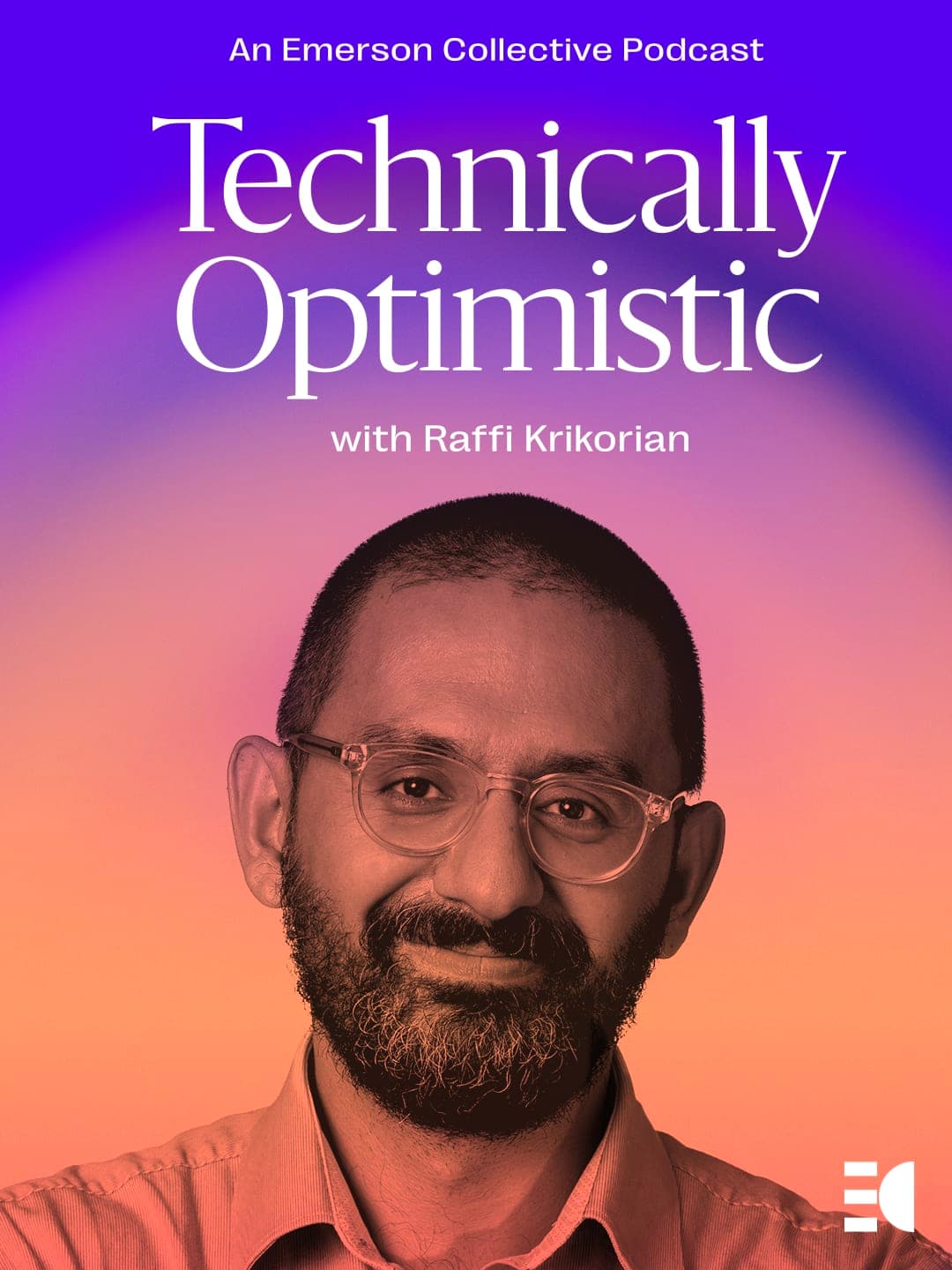
The U.S. urgently needs an AI oversight agency to promote its potential and protect us from its harms
With artificial intelligence poised to disrupt the world as we know it, America urgently needs a specialized agency to ensure the technology is used for the greatest good. We require a regulatory environment that fosters responsible innovation and accelerates adopting beneficial AI—making America more competitive, especially against China. Policies promoting transparency, accountability, and fairness can create a virtuous cycle, enabling us to build ethical A.I. systems that serve the public interest.
We must avoid insufficient regulation that will quickly become outdated as the technology evolves. Instead, we require a new entity to manage and regulate holding those deploying AI-powered systems accountable while educating lawmakers on the technological nuances.
The U.S. government has set up incentives to accelerate innovation before—the CHIPS Act for semiconductors or the COMPETES Act to improve America's technological competitiveness. We need similar action to harness AI's transformative technology.
There are other agencies that oversee dynamic forces that would put Americans at risk if not thoughtfully regulated. Think of the Consumer Financial Protection Bureau's oversight of the financial sector or the Centers for Disease Control and Prevention's protection of public health. The unprecedented acceleration of AI demands both approaches—to incentivize its potential and regulate its risks.
Policies promoting transparency, accountability, and fairness can create a virtuous cycle, enabling us to build ethical A.I. systems that serve the public interest.
The quick deployment and rapid evolution of ChatGPT presents challenges: AI is increasingly complex and opaque, making scrutiny difficult for the public. A few tech giants have consolidated power, raising concerns about monopolies and stifled competition.
A new government agency could stress test AI systems, set deployment guidelines, and hold companies accountable for societal harm. For inspiration, look to the Office of Technology Assessment, a non-partisan agency within Congress that existed from 1974-1995 and could be revived to regulate AI today. This agency would inform and support proactive and effective congressional decision-making while ensuring we incentivize software that benefits us all.
In addition to a dedicated agency, we need three other intentional, large-scale efforts:
First, the public must be educated on AI developments and begin to understand the technology on a visceral level—much like they do when thinking about speed limits while driving. Following the example of Finland, where they preemptively educated citizens in AI advancements to help them adapt to societal and economic changes, we can ensure the American workforce is prepared to navigate the complexities of AI responsibly while harnessing this tool's great potential.
Second, we can restore the balance between commerce and academia regarding the research and development of AI technology. Where academics once were the leaders in computer science research, private companies have begun taking on this role. This is not all that surprising, given these companies' vast financial resources.
However, this becomes a problem when organizations move based on profit motives rather than societal interest without the level of scrutiny and accountability that is placed on academic institutions. Taking cues from academia, private institutions should be responsible for pursuing innovations—anchored with society's larger values—to work beyond their next quarterly earnings call. To achieve this, the U.S. government needs to increase funding towards academia, the National Science Foundation, and potentially activate the National Labs network.
Finally, we must address the critical need for job training programs. Historically, technological advancements have threatened disruptions in labor markets through automation and robotics, replacing physical labor. Now AI has the potential to upend the knowledge worker economy, displacing individuals who have dedicated years to education and taken on significant debt in pursuit of their careers.
We must act now to brace for this shift, investing in job training programs that equip workers with the skills to navigate and thrive in an increasingly AI-driven landscape. By doing so, we can ensure a more resilient workforce as AI continues reshaping how we live and work.
Instead of choosing between private companies running rampant or grinding AI advancement to a halt with piecemeal regulations, we can make thoughtful workforce investments and build intelligent, ethical frameworks to steer our innovation and ensure a fruitful, not fearful, technological future.
What does it take to build technology for good? Listen to Technically Optimistic, a new podcast from Emerson Collective, and journey into the rapidly evolving world of artificial intelligence with host Raffi Krikorian, Chief Technology Officer. The future is unknown but we are technically optimistic. Listen on Apple Podcasts or wherever you listen to podcasts.
